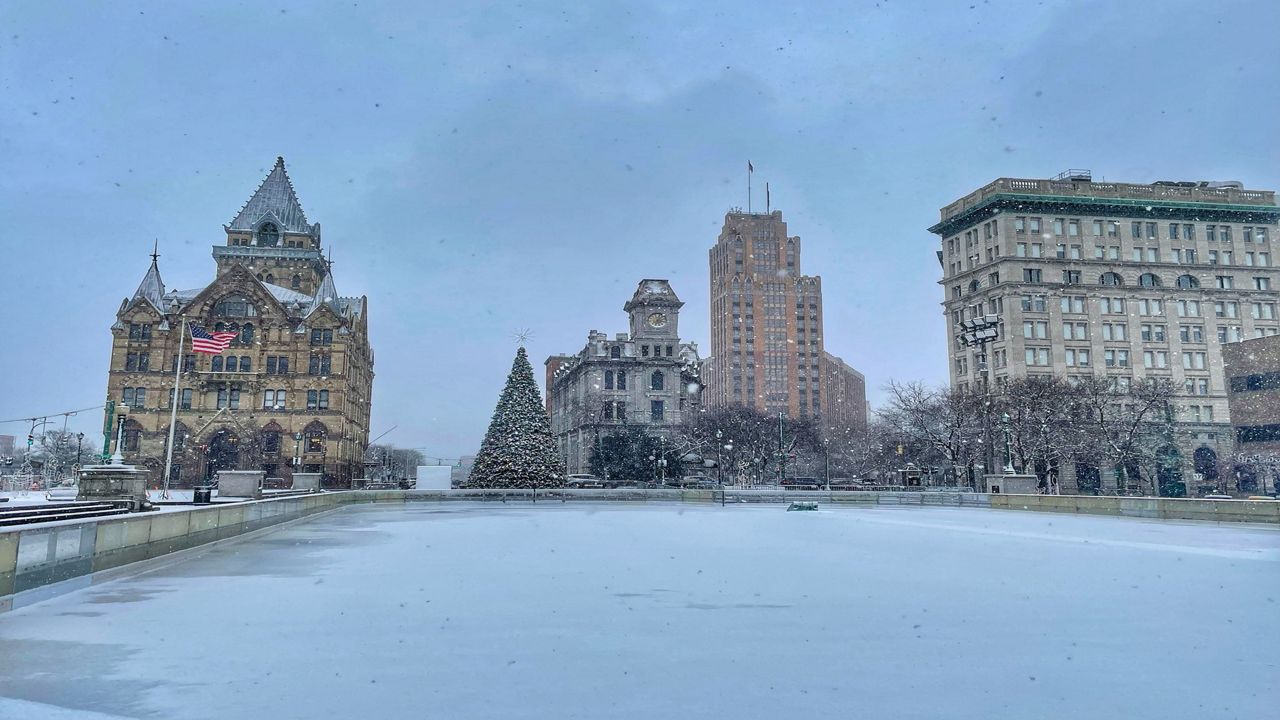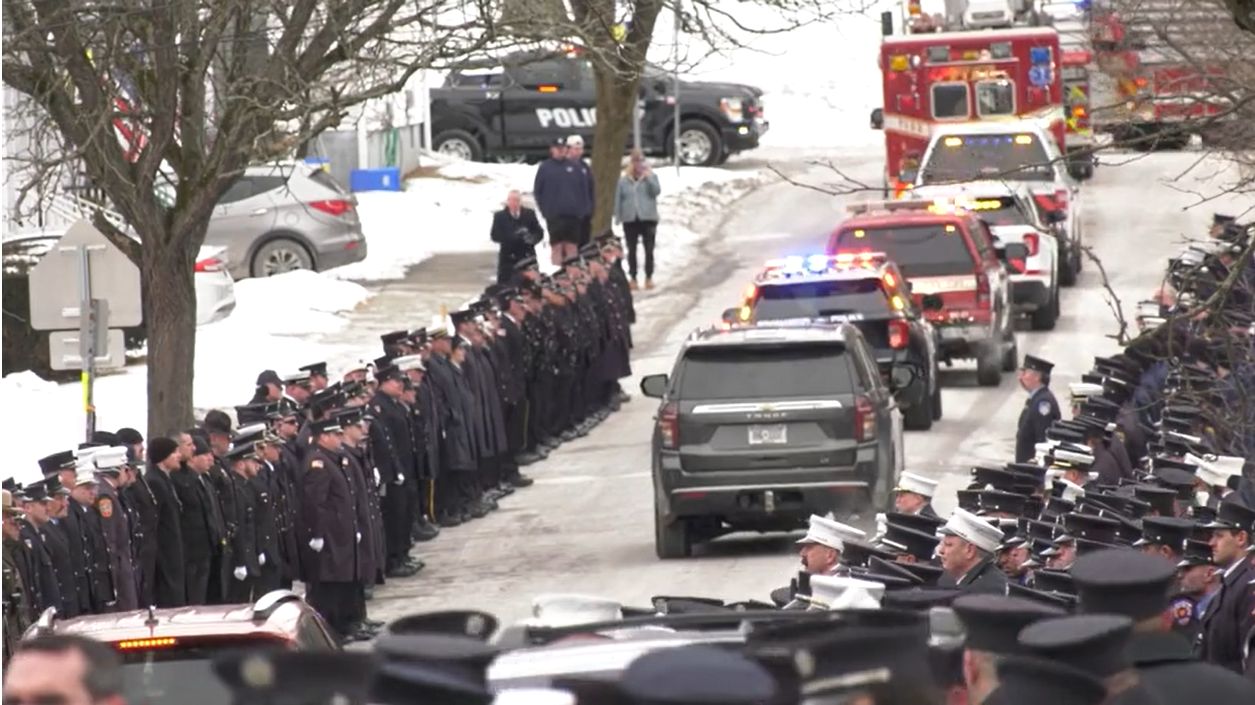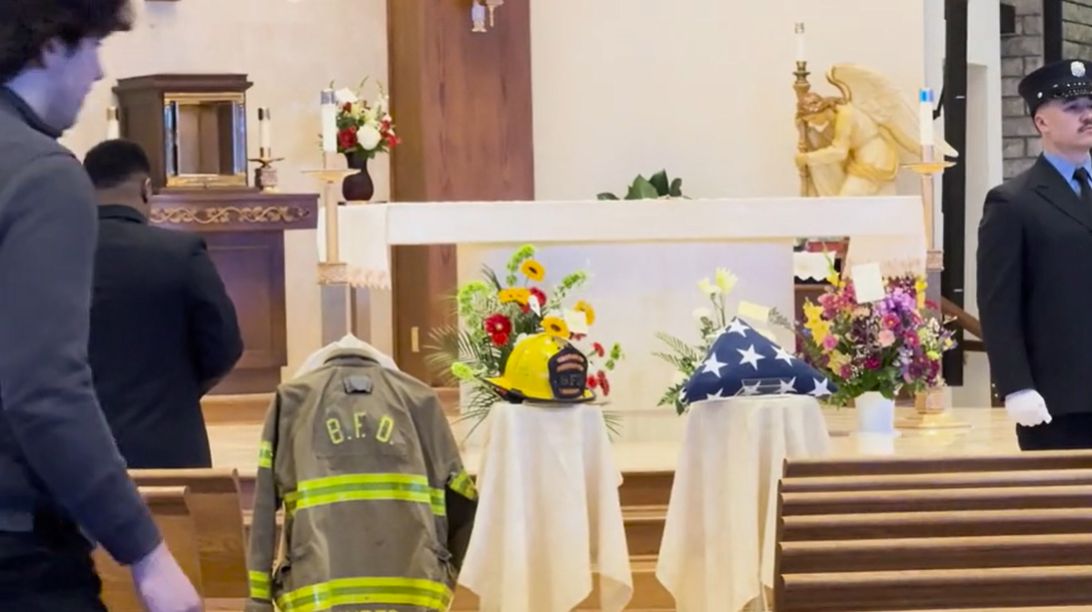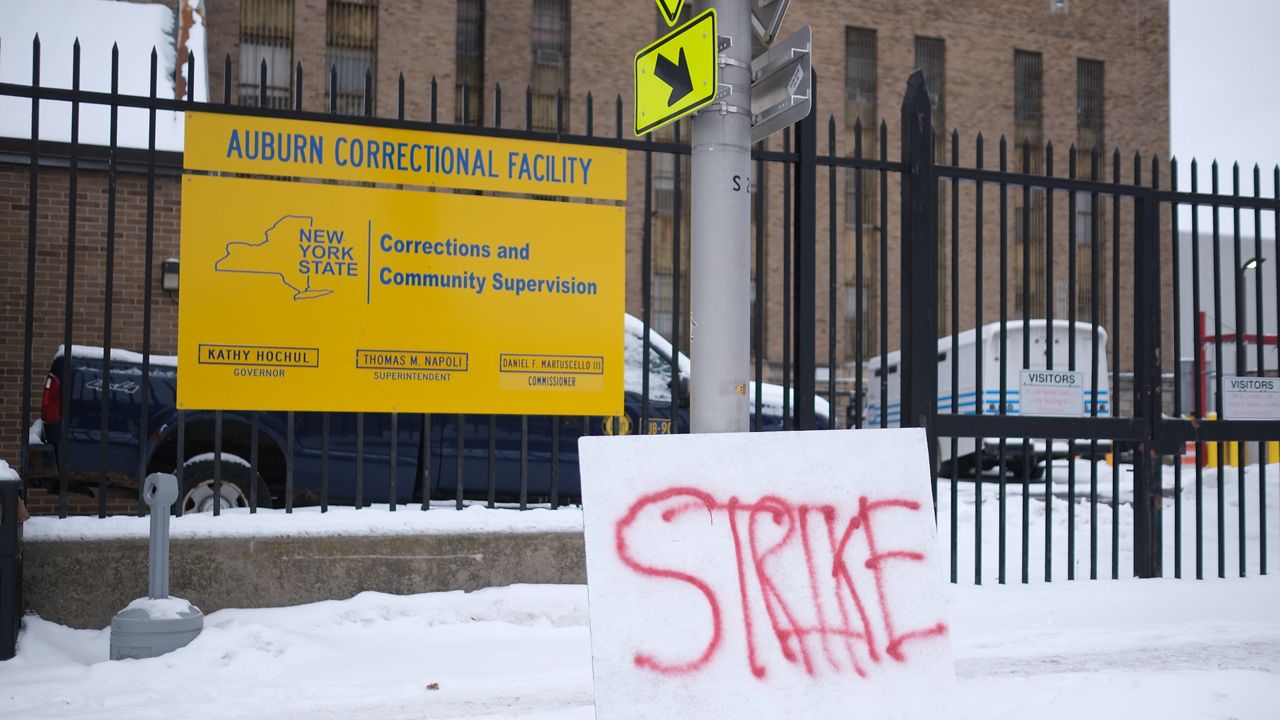A professor at Binghamton University says we could learn a thing or two from the Civil Rights Movement when it comes to protests. She says marching isn't the only way to create change. Throughout our region and across the country, marches have filled city streets.
"Marching is great and important and that was very important in the civil rights movement but there are at least 12 things," said Anne Bailey, a professor of History at Binghamton University.
There are 12 other methods protestors can use today that helped make a change in earlier eras.
"Voter registration drives, teach-ins, read-ins, you know in the sixties you'd have people getting together and actually sharing information from scholars and writers," said Bailey, to name a few.
Bailey said the civil rights movement and demonstrations during the abolition of slavery are her gold standards for making change.
"Constructively protest and also make sure that your voice is heard and actually achieve results," said Bailey.
The BU professor who teaches about the civil rights movement says reparations are needed today. She says these methods can be used to call for the change that's needed.
"After the end of slavery, the Emancipation Proclamation, people of African descent, those four million black people were given their freedom and they fought for their freedom. But they were not given even a little bit of a leg up."
Something Bailey says needs to be addressed. She believes education environments like Binghamton University can lead the way.
"Institutions of higher learning can also do some soul-searching. Without hiring a consultant that will cost hundreds of thousands of dollars, just we know what some of the problems are, we know what some of the challenges are. I think we can build on what we've done."
Working towards a better future for everyone.









